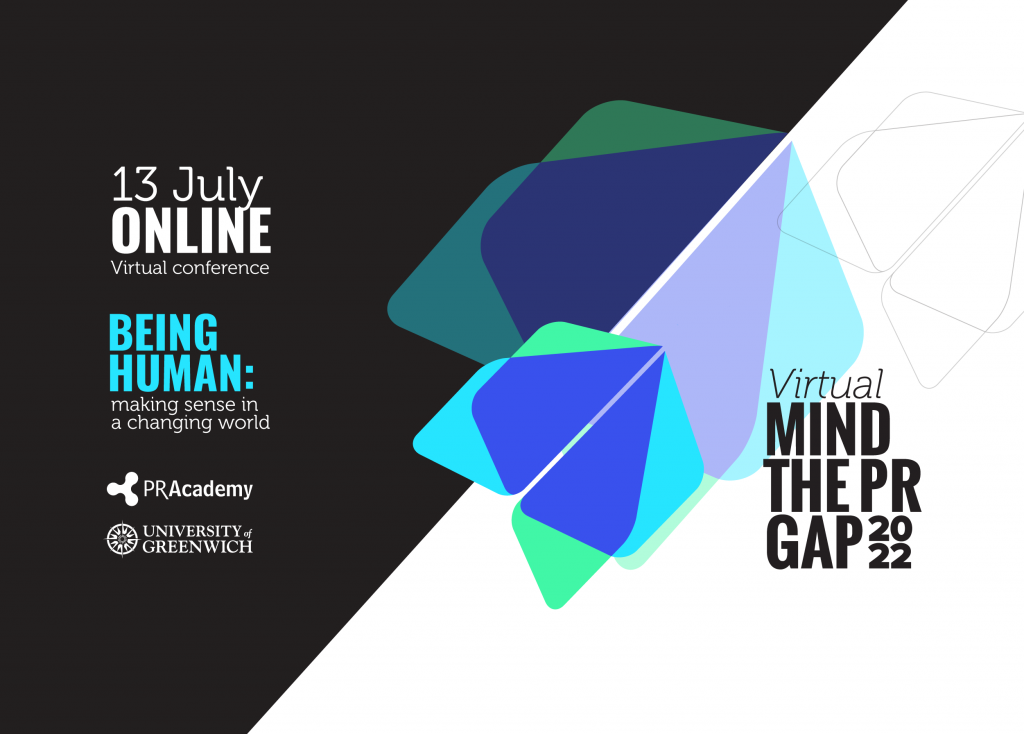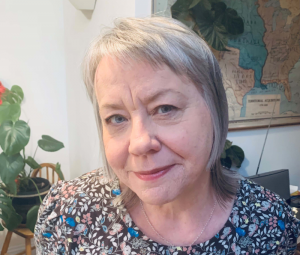‘Activist sociologist’ Dr Carol Stephenson to speak at Mind the PR Gap
I’m an sociologist of work with a particular interest in class and gender inequalities and in post-industrial communities which have lost the work that brought them into existence and defined them.
There are some key issues here about communication in relation to the stigmatisation of activists, the stigmatisation of the working class (and particularly those who face unemployment) and how that is mobilised by the forces of the state that help us to explore why many former mining communities became read walls that endorsed the Conservative Party in 2019.


